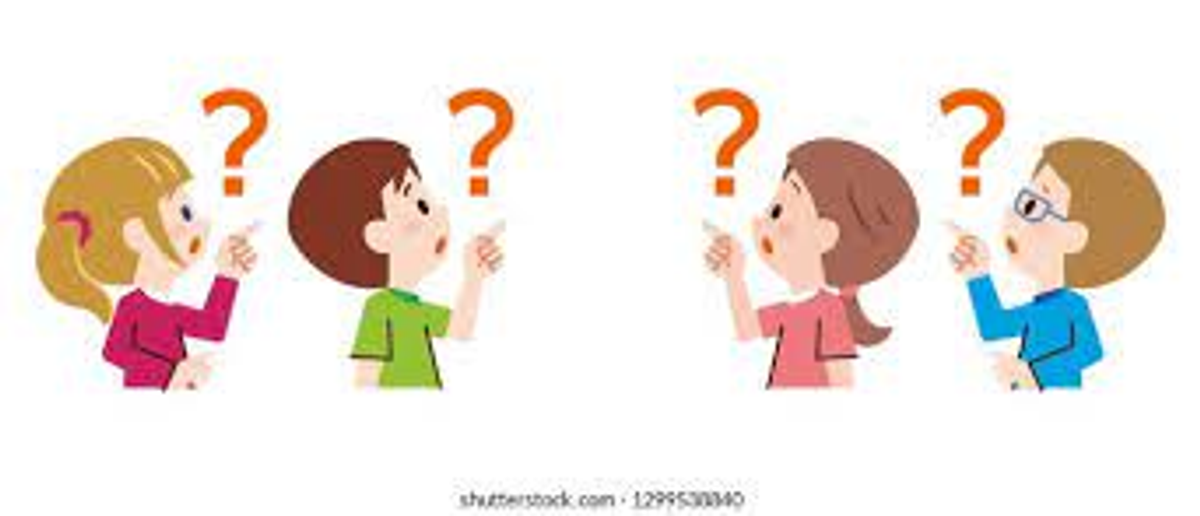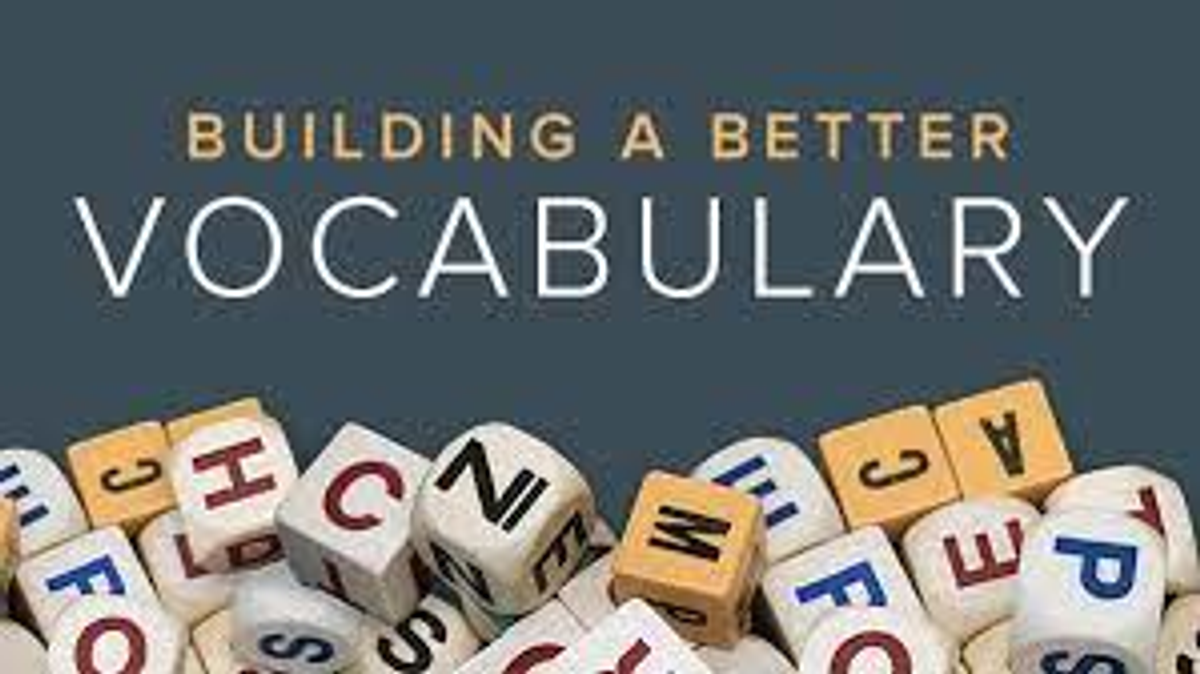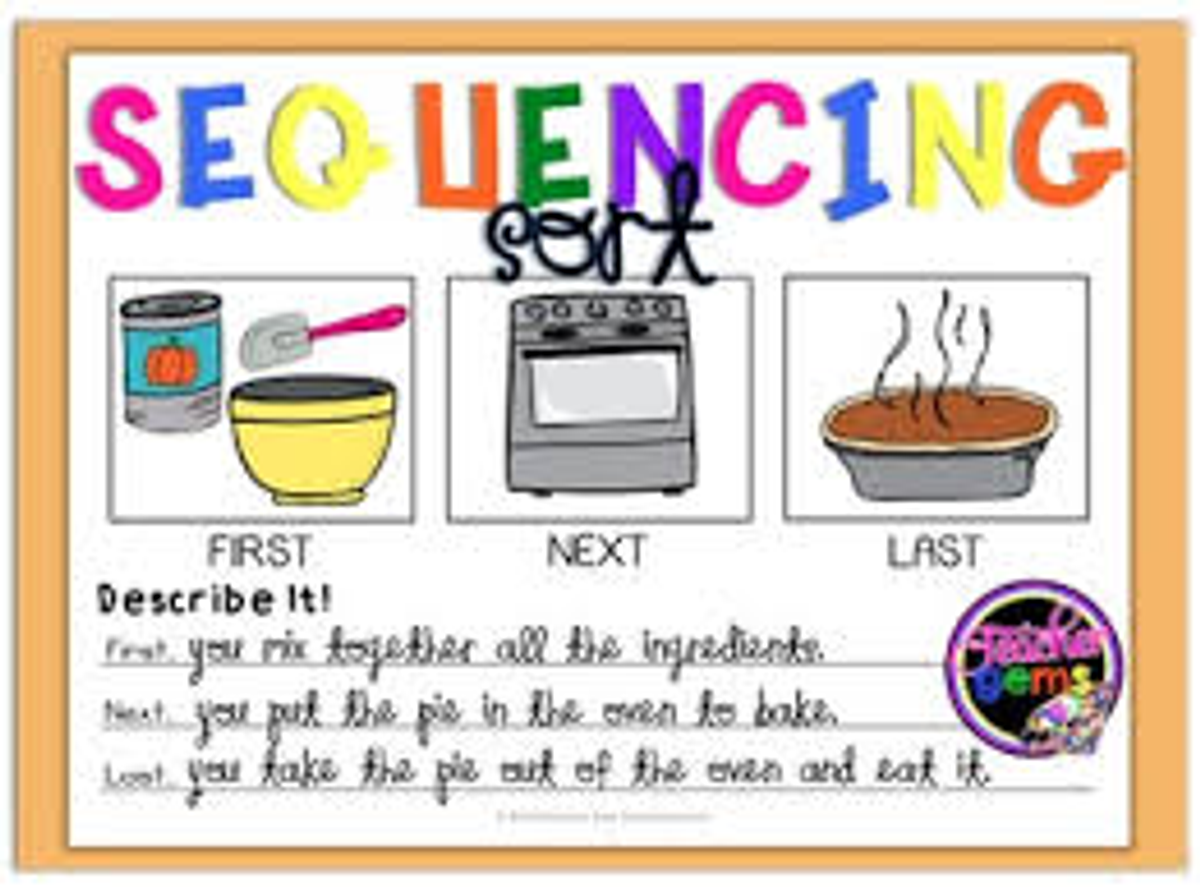Diverse Learning

How To Help Your Child If They Take A Long Time To Say What They Mean
There are many reasons why your child may be taking a long time to say what they mean. Some of these include:
- not understanding (or remembering) what another person has said
- not knowing as many words as other children their age (vocabulary)
- not being able to think of the names of words they want to use ( this is called “ word finding difficulties”)
- not being able to plan what they want to say, or put their ideas into a logical order
Your observations of the way that your child speaks may give you clues as to which specific areas are the most difficult for your child. Your child's class teacher or a Speech Therapist may also be able to give you feedback about your child's strengths and areas of difficulty.
Ways to help at home…..
- Encourage your child to tell people when they haven't understood what has been said. This may sound obvious, but children with learning difficulties tend to be used to not understanding a lot of what is said to them. They may accept this is normal and either not think to answer questions or be too shy/ embarrassed to let others know they haven’t understood what has been said.
Talk with your child about the importance of asking questions to work out exactly what the other person means such as:
“ What does “ terminal” mean?”
“ How does that fit into what we've been talking about?”
“ Why did you say that?”
When your child does ask questions, reward them by letting them know that they have done the right thing (eg “That’s a good question….”) using this strategy will encourage your child to be an active learner.
*Talk with your child about general knowledge topics (such as dinosaurs, recipes, planets and space, Minecraft etc.) This will help your child to learn lots of new kinds of words and how to use them. Make sure that your child gets lots of opportunities to talk about the new things they are learning. The more times they talk about new ideas the more likely they are to remember them. This means reducing screen time and having strict rules about when and where it can be used. Many families, to reduce arguments, choose to say no screens until 6 p.m. and/or no devices Monday to Friday.
*Try to expand your child's ideas about what a word means. Eg. if your child is talking about “eggs” then you could talk about:
- Different animals that lay eggs (birds/ insects/ spiders/ fish/ reptiles)
- Different things that you use eggs to make
- Shape/ size/ colours of different eggs
- What eggs look like (different parts)
- What they taste like... etc.
Most words/ ideas can be related to other things in this way and expanding your child's understanding of what a word means will help them to remember more words, use those words more accurately, and learn new ideas.
*Do not let your child use the words “ it”, “ them”, “ he”, “ she” “ that”, “ there” or “ thing” without first describing what they refer to - that is, encourage your child to use the exact word to describe what they are talking about. Even if your child cannot think of the exact name of an object, ask them to describe it to you (eg. “The silver thing that you cook on” or “ The woman... like a Dr, who helps your teeth” etc.)
*Another way to develop your child's understanding of word meanings and vocabulary is through teaching them to describe and compare things. There are lots of different ways to describe an object. Eg…..
- Size
- Colour
- Shape
- What it does/ what it's used for
- Where it lives or belongs
- What it feels like
- What movement it makes
- What noise it makes
There are many games that you can play with your child which will help develop their describing skills including:
- Guess who
- 20 questions
- Describing story characters
- I spy ( but change the rules so that your child describes the object rather than giving the first sound )Eg. “I spy with my little eye something that is shiny.
- Compare objects, that is, talk about ways that two things are the same and different (eg. a tricycle and a bicycle. These objects are the same because they are both bikes, they both have wheels, they both help you get from one place to another, and you can ride both of them. They are different because a tricycle has three wheels but a bicycle only has two.)
Encourage your child to plan what they are going to say before they start. This may mean cuing them by saying “Before you start talking, think about what happened first, what happened next, and what happened in the end”.
- Read with your children as often as possible. Preferably daily. Books are excellent examples of how to organise ideas in a logical order. While you are reading a new book, stop and ask your child “ What do you think is going to happen next?... how will the character feel about that?... what will happen in the end?”. If your child has already read the book then ask them to make up new ideas for what could happen. Once you finish, get your child to tell you what happened in the beginning, what happened next etc. Encourage your child to close their eyes and imagine what happened as this may help them to remember the order. Give your child feedback about how many things they remembered and whether they were in the right order.
- Give lots of praise when your child tries hard or remembers events in order.
If your child continues to have difficulties in these areas, ask your child’s teacher for our list of recommended Speech Therapists for further investigation and assessment.
Ms Janelle Schembri | Diverse Learning Coordinator






